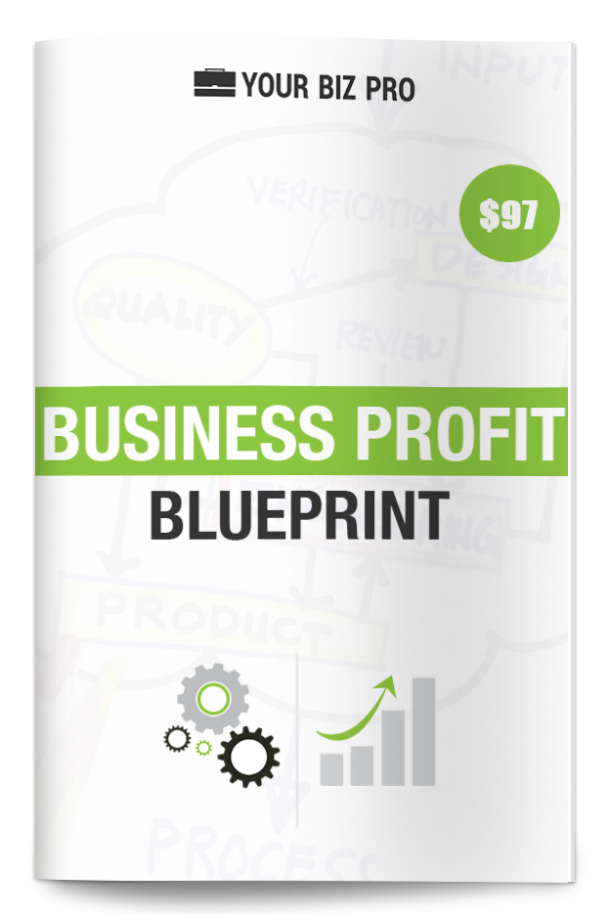A person can start selling a product or service to other people, and essentially be in business as a sole proprietor (in unregulated fields) almost immediately. If you want to start a business and build it into a small or medium enterprise (SME) or more, some planning and preparation will dramatically improve your chances of hitting your goals. Ideally, they would be included in a business plan.
Below are what I consider to be the 10 Essentials To Start A Business. I’d greatly appreciate you sharing the thoughts and insights from your experience.
1. Business Entity Formation:
If you are starting a business that you plan to grow to a significant size, you need to consider the structure of the business entity. There are tax, liability, and legal issues to be considered in choosing the best type of entity for your particular personal and business situation. For example, will more than one person own the business? Do you have other sources of income? Do you have other personal or business assets that need to be shielded from liability, etc.?
The answers to these questions and more, will help you decide whether you need to form an LLC, LLP, S-Corp, or C-Corp. As mentioned, this decision involves both tax and legal advice. Be sure to get that advice from professionals who specialize in business matters. The aunt who is a real estate attorney or the cousin who does your personal tax returns is not the right advisor. The short-term savings are not worth the potential long-term cost of poor advice.
Once the type of business entity is decided, the paperwork needs to be filed in the state you will operate in. There are many reasons why you may choose to form in a state other than the one you live in. Consider that there are additional costs and administrative burdens with an out of state filing.
Be sure to choose a business name that you can buy an appropriate website domain name for. This is very important to your marketing efforts later on.
2. Operating Agreement:
This is an important document, detailing how the business will be run. If there are multiple partners (or may be in the future), several things need to be decided at the beginning and included in the Operating Agreement. For example, how will business decisions be made and what happens if you can’t agree? What happens if someone wants to leave, or has to leave for some reason (disability, bankruptcy, etc.)? How will the company’s value be calculated if someone needs to be bought out, or wants to buy in? How could a buyout be funded if necessary? If capital needs to be raised in exchange for equity, how will existing partners’ ownership be diluted?
As you can imagine, it is much easier to rationally deal with these types of issues at the beginning when there is little at stake. Discuss the issues. Decide how to handle them, and include it in the Operating Agreement. This will help prevent misunderstandings or broken relationships later on.
3. Product Plan and Roadmap:
This may seem obvious, but a single product or service is not enough to support long term growth and profitability. You can start out with a single core offering. Yet the sooner you plan how and when you will expand, the better. At least be prepared to offer your customers good, better and best options in the near-term. Be sure to consider the most efficient way to grow your line up without significant costs or effort to maximize profitability.
4. Sales and Marketing Plan:
Without sales, there is no business. Without marketing, there are usually poor sales. The two areas are intimately linked and dependent upon each other, whether you are a startup, a small to medium enterprise (SME), or a global conglomerate. Marketing needs to provide the sales people with the right product, a great product story, and leads. Sales needs to close the deal, and maximize the value of customer relationships (of course, much of this can now be automated). Sales can provide essential information to marketing. Marketing needs to fundamentally understand the evolving sales landscape. So keep the communication strong so everyone can benefit.
The plan starts with carefully defining the target customer, and clearly articulating how your product or service benefits that customer. The more emotional the connection, the better.
Next you need to develop an effective method of engaging with the customer, and making the sale. Last, and certainly not least, you need to be able to track and measure the results so you can continue to improve the return on investment (ROI).
5. Intellectual Property and Business Protection:
If you have developed any product or process that can be patented, a provisional patent application should be filed before there is any public disclosure of the idea. From there you have about a year before you must file the full application, and pay those costs. If you want to protect your rights globally, you also need to take action (and bear the cost) before that window of opportunity closes (consult an intellectual property attorney for deadlines and ways to effectively extend them). You can be a bit more flexible with your Trademarks, but you risk someone else securing the mark before you if you are out in the market unprotected.
In addition to your intellectual property, you should protect your business, owners and employees against potential liability claims. Although good protection is not cheap, fortunately the cost is somewhat proportional to your sales volume.
6. Operating Plan:
Who is going to run the company? Where will you be based? What systems, controls, and metrics will be put in place? Which roles will be filled by employees? Which will be contractors? Which will be handled by software-based systems? Which functions will be completely outsourced? It may sound harsh, but the lower your fixed overhead, the better.
In my opinion, completely vertically integrated companies are no longer sustainable. It is better to focus on keeping only the core capabilities in house (the ones that help provide your competitive advantage), and outsource the rest. For example, there are third party logistics companies (3PLs) focused entirely on moving and storing merchandise, and efficiently fulfilling orders. Take advantage of their capabilities, and you can scale quickly at minimal expense. Even HR can be outsourced – and those folks are on top of every regulatory change you need to be concerned about. They can develop employee handbooks, provide compliance training, and more. There are a large numbers of quality companies providing literally every function of a business. Utilizing them wisely enables you to have nearly instant capabilities, and the ability to scale quickly with minimal expense.
7. Financial Model:
Your financial business model is a key to survival. You need to be keenly aware of your operating costs and expenses. You need to know the cost of producing your product or delivering your service. The costs of sales and marketing. The gross profit you will make from each sale, etc. Plan out 12 to 18 months in detail, capturing every cost you can foresee. Include a buffer for those you may not be aware of yet. Figure out when you will Break Even from an operational standpoint, and in total including startup costs. Build a spreadsheet simulating when costs and expenses get paid, and when you will actually receive the revenue from sales to pay those costs and expenses. This is your Cash Flow. Figure out when you will become cash flow positive, and make sure you can sustain it.
8. Capital Requirements and Funding Plan:
The financial model will help you understand how much money you actually need to start and grow the business. These capital requirements should include all of the startup costs, plus the money needed to fund operations for roughly 6 months beyond the point you estimate the business will become cash flow positive (provided the cash flow is sufficient to grow the business – if it isn’t, find ways to reduce costs and increase sales). Once you understand what is required, you need a plan for securing the funds (please refer to my previous post on 7 Ways to Fund Your Business for some ideas).
9. Launch Plan:
How and when are you going to introduce your product or service to the world. Will there be a “soft launch” to make sure everything is working as it should, or will there be an all-out blitz from day one? Will key influencers get a preview in advance? Will there be partners helping to drive the launch? Technically this would be part of the sales and marketing plan, but it is important enough to your success to be called out as an essential.
10. Focus and Discipline:
All the enthusiasm, passion and planning in the world are meaningless without execution. The focus and discipline to make things happen is the key to creating value. Harness your energy and channel it into reaching your goals. I’m willing to bet you will amaze yourself with what you are capable of.


